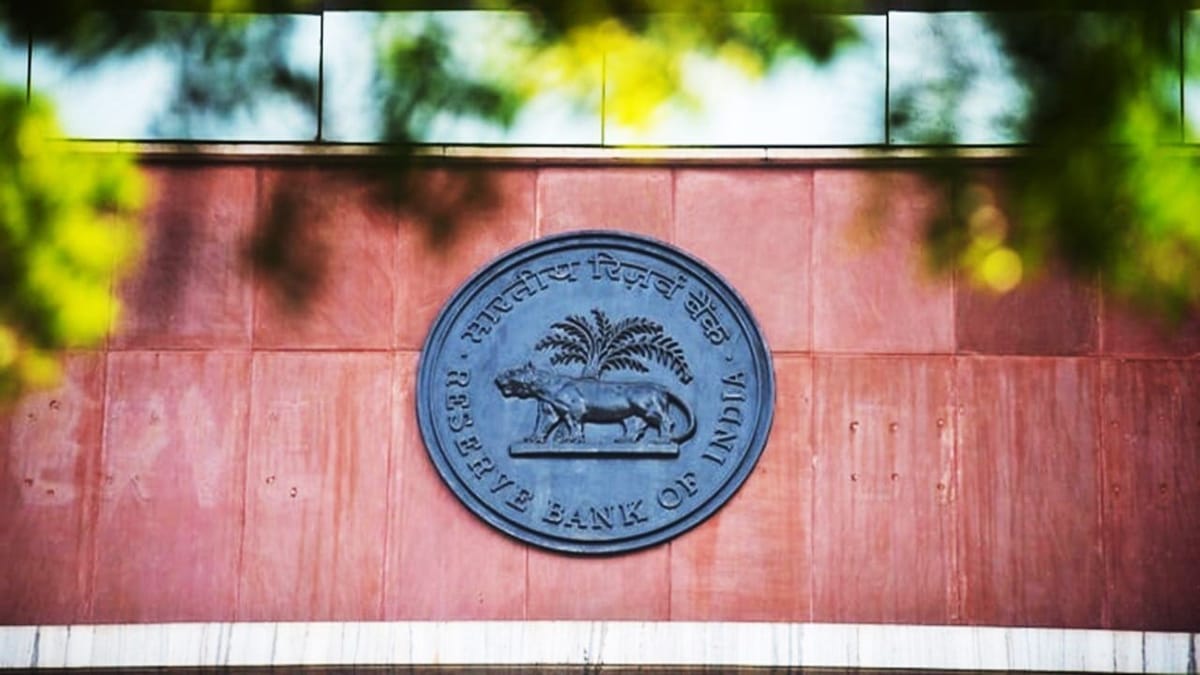Reetu | Feb 21, 2023 |

RBI Cancels Licence of a Co-operative Bank; Check Why?
The Reserve Bank of India (RBI) has cancelled the licence of Garha Co-operative Bank, Guna in Madhya Pradesh, citing insufficient capital and earning potential on Monday.
In a Press Release RBI Stated, “Vide order dated February 16, 2023, cancelling the licence of “Garha Co-operative Bank Ltd., Guna, Madhya Pradesh”. Consequently, the bank ceases to carry on banking business, with effect from the close of business on February 20, 2023. The Commissioner Co-operation and Registrar of Cooperative Societies, Madhya Pradesh has also been requested to issue an order for winding up the bank and appoint a liquidator for the bank.”
The Reserve Bank cancelled the licence of the bank as:
1. The bank does not have adequate capital and earning prospects. As such, it does not comply with the provisions of Section 11(1) and Section 22 (3) (d) read with Section 56 of the Banking Regulation Act, 1949.
2. The bank has failed to comply with the requirements of Sections 22(3) (a), 22 (3) (b), 22(3)(c), 22(3) (d) and 22(3)(e) read with Section 56 of the Banking Regulation Act, 1949;
3. The continuance of the bank is prejudicial to the interests of its depositors;
4. The bank with its present financial position would be unable to pay its present depositors in full; and
5. Public interest would be adversely affected if the bank is allowed to carry on its banking business any further.
With immediate effect, “Garha Co-operative Bank Ltd., Guna, Madhya Pradesh” is forbidden from undertaking the business of “banking,” which includes, among other things, accepting deposits and repaying deposits, as defined in Section 5(b) read with Section 56 of the Banking Regulation Act, 1949.
Following liquidation, every depositor is entitled to collect the deposit insurance claim amount of his/her deposits up to a monetary ceiling of 5,00,000/- (Rupees five lakh only) from the Deposit Insurance and Credit Guarantee Corporation (DICGC), subject to the rules of the DICGC Act, 1961. According to the bank’s data, about 98.4% of depositors are entitled to retrieve the full value of their deposits from DICGC. As of December 19, 2022, the DICGC had already paid 12.37 crore of the total insured deposits under Section 18A of the DICGC Act, 1961, based on the willingness of the bank’s depositors.
In case of any Doubt regarding Membership you can mail us at [email protected]
Join Studycafe's WhatsApp Group or Telegram Channel for Latest Updates on Government Job, Sarkari Naukri, Private Jobs, Income Tax, GST, Companies Act, Judgements and CA, CS, ICWA, and MUCH MORE!"